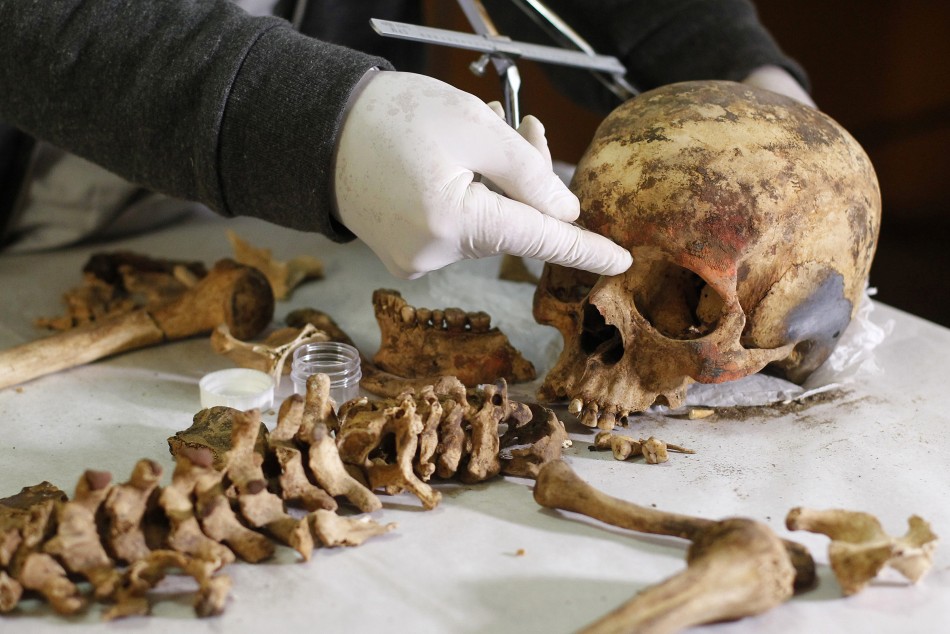Tomb Raiders Foiled after Temple of the Dead, Wari Queens and Human Sacrifices Discovered in Peru
Archaeologists find ancient imperial tomb filled with gold and silver artefacts in Peru
Archaeologists have found the first unlooted Wari imperial tomb at a site in Peru filled with gold and silver artefacts.
The team from Poland and Peru made the discovery months ago but kept quiet to avoid the risk of looters until the treasure had been safely removed and stored.
As well as artefacts dating from between 700 and 1000AD, the team also found the skeletons of three Wari queens and the remains of 60 other people, some of which would have been human sacrifices, reported National Geographic.
Milosz Giersz, an archaeologist with the University of Warsaw, said the idea of the find at El Castillo de Huarmey being destroyed by tomb raiders was a "nightmare", so the team worked in secret excavating its burial chambers.
The find resulted in the retrieval of more than 1,000 artefacts, including bronze axes, gold tools and jewellery.
Giersz said: "For the first time in the history of archaeology in Peru we have found an imperial tomb that belongs to the Wari empire and culture."
The Wari people ruled between 600 and 1100AD and united diverse tribes in a sophisticated social network.
Krzysztof Hanula, an archaeologist at the Pontifical Catholic University of Peru in Lima said the find was "like a pantheon, like a mausoleum of all the Wari nobility in the region".
The site is about 185 miles north of the capital of Lima. Giersz said archaeologists found the site by using aerial photography and geophysical imaging equipment.
They found rows of human bodies wrapped in sloth. In three side chambers, they found the skeletons of the queens sitting upright with their prized possessions around them.
The find provided evidence that Wari women held more power than previously thought.
"The women were buried with finely engraved earpieces made of precious metals that once were believed to be used only by men," archaeologist Patrycja Przadk said.
The team expected to be working on the site for another decade before they have uncovered all its secrets. Makowski said: "The Wari phenomenon can be compared to the empire of Alexander the Great. It's a brief historical phenomenon, but with great consequence."





© Copyright IBTimes 2025. All rights reserved.





















